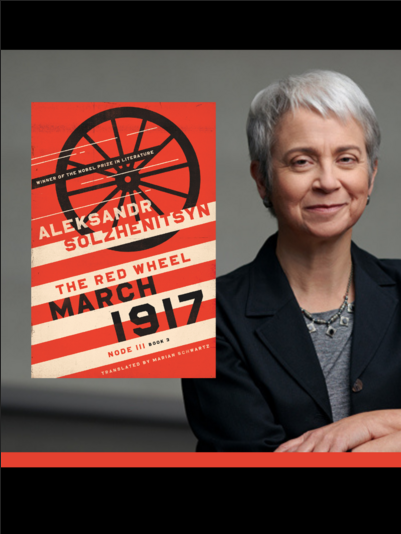PUBLISHED TODAY: Between Two Millstones, Book 1 re-issued in paperback
/Book 1 of Between Two Millstones, first published in English by Notre Dame Press three years ago, has been released today in paperback. And Book 2 is readily available in hardcover.

















